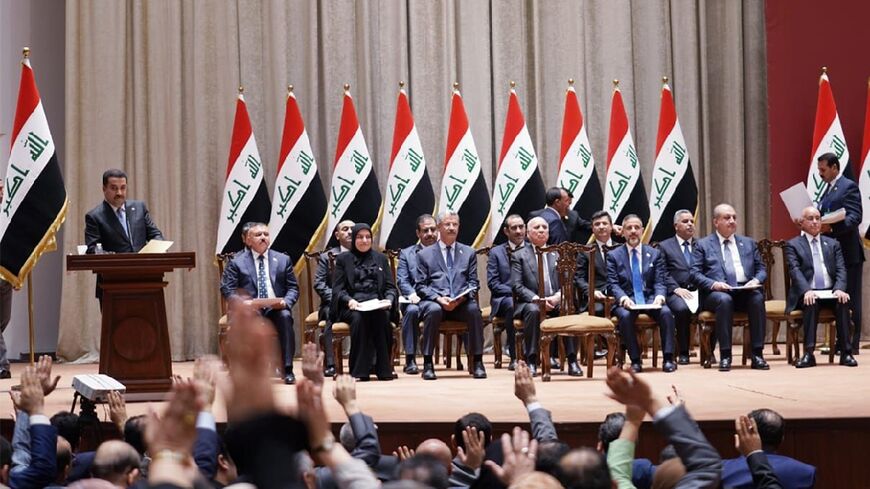Iraq says ex-official returned fraction of stolen billions

Iraq said Tuesday it had recovered another $2.6 million in public funds fraudulently withdrawn from a government account, but the money is still only a fraction of the $2.5 billion that disappeared.
The scandal, implicating businessmen and former high officials, has provoked widespread anger in Iraq. The country is oil-rich but ravaged by endemic corruption while plagued by unemployment and decaying infrastructure.
Judge Haider Hanoun, who heads the government's anti-corruption agency, said "the sum returned today... amounts to four billion Iraqi dinars" ($2.6 million).
He spoke at a press conference with piles of red and green bank notes stacked before him.
A suspect returned the funds and will face trial on January 12, Hanoun said, declining to name the suspect pending a verdict.
Hanoun said the same suspect is believed to have embezzled more than $11 million in total.
An official in the anti-corruption agency identified the suspect as Haitham al-Juburi, who is in detention and a former adviser to ex-prime minister Mustafa al-Kadhemi.
The source spoke to AFP on condition of anonymity because of the sensitivity of the matter.
The government of Prime Minister Mohammed Shia al-Sudani took over from Kadhemi in October and has made regular announcements about the major corruption case to showcase its determination to fight graft.
According to a document from the country's tax authority, the $2.5 billion was allegedly expropriated between September 2021 and August last year through 247 cheques cashed by five enterprises.
The money was subsequently withdrawn from the companies' accounts, the document showed.
The owners of those accounts -- most of whom are on the run -- are subject to arrest warrants.
In November, Sudani said Nour Zuhair Jassem, a wealthy businessman implicated in the theft from tax authorities, had given back part of more than $1 billion that he "confessed" to having received. Released on bail, the man has returned $211.6 million in several payments.
The top echelons of power routinely evade accountability in Iraqi corruption cases.






